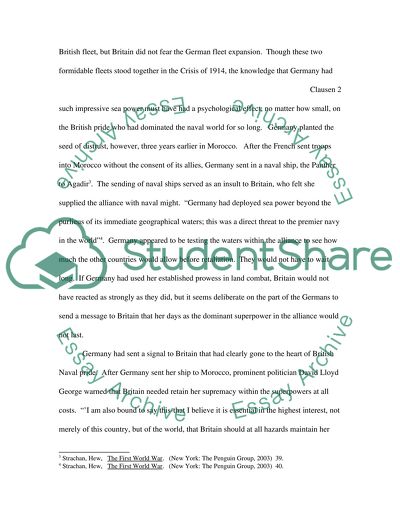Cite this document
(“To Fight or Not to Fight: Britains Dilemma and the Great War Essay”, n.d.)
To Fight or Not to Fight: Britains Dilemma and the Great War Essay. Retrieved from https://studentshare.org/history/1506808-to-fight-or-not-to-fight-britains-dilemma-and-the-great-war
To Fight or Not to Fight: Britains Dilemma and the Great War Essay. Retrieved from https://studentshare.org/history/1506808-to-fight-or-not-to-fight-britains-dilemma-and-the-great-war
(To Fight or Not to Fight: Britains Dilemma and the Great War Essay)
To Fight or Not to Fight: Britains Dilemma and the Great War Essay. https://studentshare.org/history/1506808-to-fight-or-not-to-fight-britains-dilemma-and-the-great-war.
To Fight or Not to Fight: Britains Dilemma and the Great War Essay. https://studentshare.org/history/1506808-to-fight-or-not-to-fight-britains-dilemma-and-the-great-war.
“To Fight or Not to Fight: Britains Dilemma and the Great War Essay”, n.d. https://studentshare.org/history/1506808-to-fight-or-not-to-fight-britains-dilemma-and-the-great-war.


